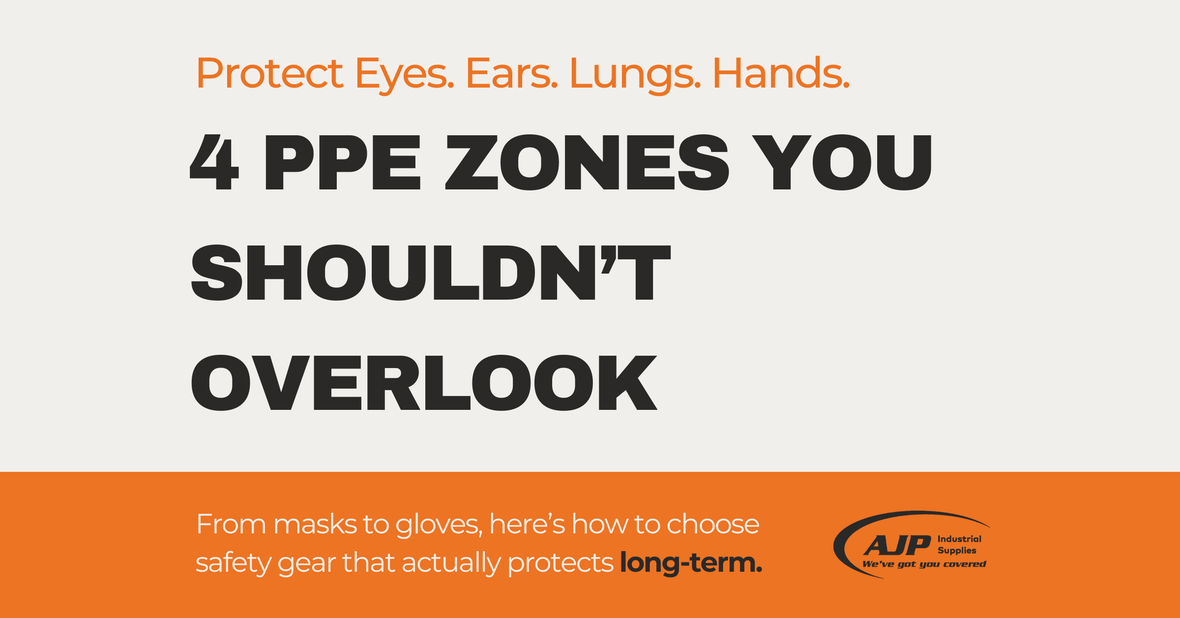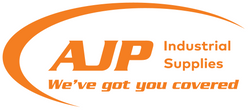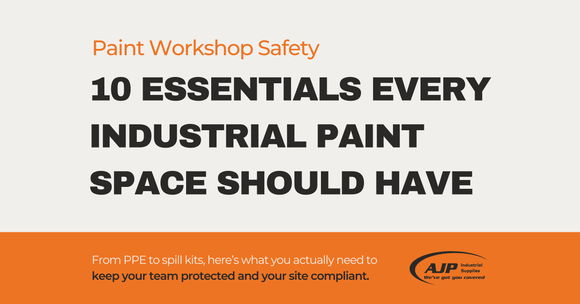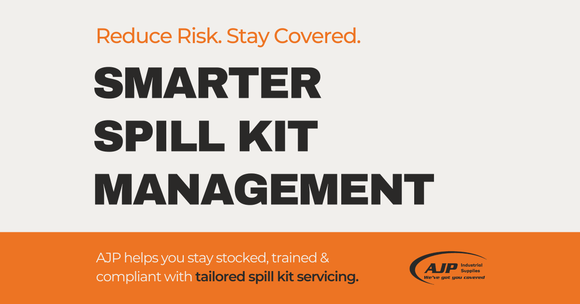
4 PPE Zones That Matter Most for Long-Term Safety on Site
We often think of PPE as a box to tick for compliance - but the reality is much bigger than that. The right protective equipment doesn’t just protect your team today - it helps safeguard their long-term health, preventing chronic damage to sight, hearing, respiratory function, and more.
Here are four key protective zones to prioritise in any workplace, and what to look for when selecting the right PPE.
1. Eye Protection
Eyes are vulnerable to airborne particles, splashes, and chemical exposure. Even small, repeated irritants can cause lasting damage over time.
What to Use:
· Safety glasses, goggles, and face shields
· Models compliant with Australian/New Zealand Standards for:
o Impact and penetration resistance
o Optical clarity
o Lateral protection
o Thermal stability
o Corrosion and flame resistance
AJP stocks a full range of certified eyewear suitable for construction, painting, fabrication, and general industry.
2. Respiratory Protection
Inhaling particles, fumes, vapours, and gases is one of the most common workplace hazards - especially in painting, grinding, welding, or enclosed environments.
What to Use:
· Disposable masks, reusable half-face respirators, or full-face options
· Match your mask type to the hazard:
o P1 = mechanically generated particles (dust)
o P2 = dust + thermally generated particles (smoke, welding)
o Carbon-filter respirators = for nuisance-level vapours and odours
Not sure which mask you need? Our team can recommend the right solution based on your environment.
3. Hearing Protection
Noise-induced hearing loss is gradual - and irreversible. Tools like grinders, drills, and compressors regularly exceed safe decibel levels, even if they don’t seem loud.
What to Use:
· Earmuffs or plugs (disposable, reusable, banded)
· Match to your environment:
o Class 3 or higher for tools like drills (e.g. 98 dB)
o Metal-detectable plugs for food or pharma sites
AJP carries a range of AS/NZS compliant hearing protection suitable for all site types.
4. Hand Protection
Your hands are exposed to cuts, chemicals, impact, abrasion, cold, heat, and electrical risk - sometimes all in one shift.
What to Use:
Choose gloves based on certified EN standards:
· EN388 – Mechanical resistance (abrasion, cut, puncture)
· EN374 – Chemical resistance
· EN511 – Cold protection
· EN407 – Thermal protection
· EN12477 – Welding standard
· EN420 – General occupational use
From nitrile and cut-resistant gloves to thermal and welding styles, AJP can help you find the right fit for the task.
Protect Now, Benefit Later
The cost of quality PPE is small compared to the long-term cost of injury, illness, or lost ability. Choosing the right gear today helps your team stay safer, longer - and reduces the risk of avoidable incidents on site.
Need help? Contact our team for tailored recommendations.
Call us on (07) 4998 5299
Email sales@ajpind.com.au



